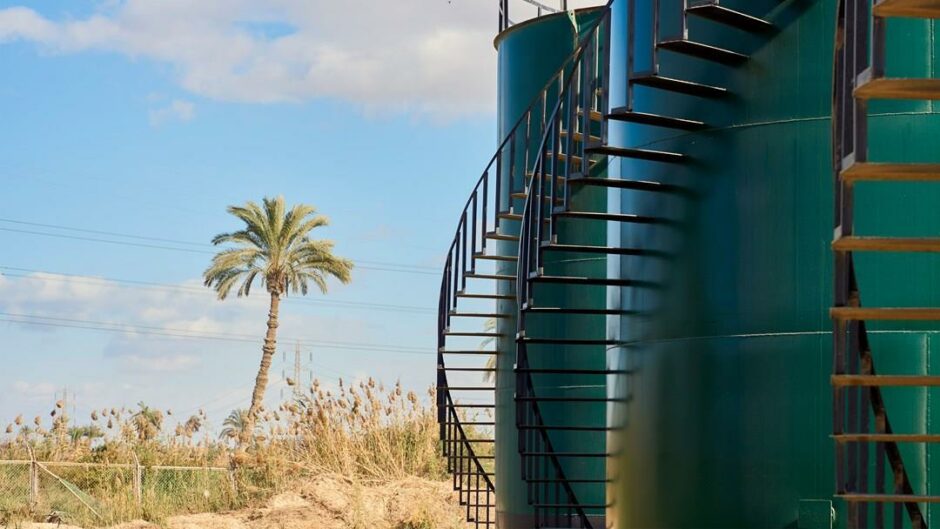
Egypt’s fiscal turmoil is increasing pressure on local operators, such as Pharos Energy, and receivables are mounting.
In January last year, US$1 would buy 15 Egyptian pounds. Today the dollar would buy 30 pounds, a slight improvement on yesterday when it fell to 32.
Pharos, in a market update this morning, said it had opted not to receive payments for its receivables in the local Egyptian pounds. The only instances in which it would take the currency would be where it is required for operations.
Pharos said it was “preferable” to hold receivables denominated in US dollars, because of the “progressive devaluation” of the pound.
As such, Egypt now owes Pharos $24.2 million as of the end of December. This is up from the $7.4mn the company was owed at the end of 2021.
The company warned that it would keep watch on its receivables. This, it said, may “impact the capital available for development”.
Pharos is not alone in its exposure to Egypt’s fiscal problems. Capricorn Energy, in September 2022, reported its trade receivables in Egypt were $113.6mn at the end of June. At this time, 19 pounds were equal to US$1.
In December, the International Monetary Fund (IMF) said it would provide a $3 billion facility to Egypt. This sum, the IMF said, should catalyse additional support from international partners of around $14 billion.
Pharos said this should improve Egypt’s FX reserves and overall liquidity in the first half of the year. “We therefore remain optimistic that outstanding receivables with EGPC will start to be recovered during 2023,” the company said.
The company noted that it did have access to a revolving credit facility the National Bank of Egypt (NBE). This would allow it to draw down 60% of each invoice’s value in US dollars.
Free moving
Egypt has agreed with the IMF that it would move to a free moving currency. Ivanna Vladkova Hollar, the IMF mission chief for Egypt, said the move would “avoid the build-up of a chronic imbalance in the demand for and supply of foreign currency in Egypt, eliminate import shortages, and preserve the foreign exchange reserves of the Central Bank”.
Such a move, she continued, should drive stronger investment inflows into Egypt. The Egyptian authorities have also said they would reduce the role of the state in the economy.
Pharos has plans for nine wells at its El Fayum concession this year, after bringing seven wells into production in 2022. In addition to its drilling rigs, it also has two workover rigs to keep wells producing.
Operator IPR plans to drill two exploration wells on El Fayum this year, targeting structures near existing fields and infrastructure.
